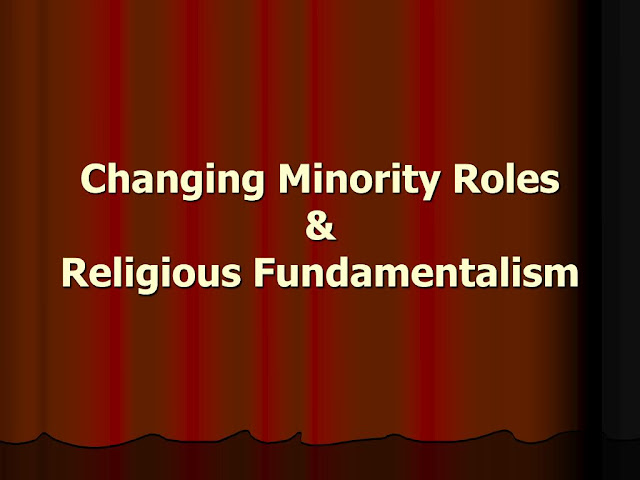თვალთვალის ეთიკა
პოლიციური ძალადობის წინააღმდეგ მასობრივი პროტესტის ფონზე ამერიკულმა ტექნოლოგიურმა კომპანიამ IBM დააყენა სამართალდამცავი ორგანოების მიერ სახეების ამოცნობის სისტემების გამოყენების ეთიკურობის საკითხი.
ხელოვნური ინტელექტი მძლავრი ინსტრუმენტია მოქალაქეების უსაფრთხოების უზრუნველსაყოფად. მიუხედავად ამისა, ხელოვნური ინტელექტის- ტექნოლოგიების, მაგალითად სახეების ამოცნობის სისტემების გამოყენება, შეიძლება დაკავშირებული იყოს მიკერძოებასა და რასობრივ პროფილირებასთან, და, შესაბამისად, ადამიანის ძირითადი უფლებების დარღვევასა და დისკრიმინაციასთან.
IBM–ის გენერალურმა დირექტორმა გაუგზავნა ღია წერილი აშშ-ს კონგრესს, რომელშიც განაცხადა სახეების ამოცნობის ტექნოლოგიების შემუშავებისა და გაყიდვის შეწყვეტის შესახებ, მან ასევე მოუწოდა სხვა მწარმოებლებს აეღოთ პასუხისმგებლობა იმ მიკერძოებაზე, რომელიც არსებობდა ასეთი ალგორითმების ტესტირებასას, განსაკუთრებით იმ შემთხვევაში, თუ მას კვლავ გამოიყენებენ სამართალდამცავი ორგანოები.
2019 წელს აშშ-ს რამდენიმე ქალაქმა (სან–ფრანცისკო, სან–დიეგო და ა.შ.) უკვე შემოიღო აკრძალვა სახეების ამოცნობის ტექნოლოგიების გამოყენებაზე მათი გამოყენების სტანდარტების არარსებობისა და რასობრივი და ეროვნული უმცირესობების მიმართ მიკერძოებულობის მაღალი რისკის გამო. ევროკავშირის ხელისუფლება ასევე განიხილავს ხუთწლიანი მორატორიუმის შემოღების შესაძლებლობას სახეების ამოცნობის ტექნოლოგიების გამოყენებაზე საზოგადოებრივ ადგილებში, კანონმდებლობის შემუშავების მიზნით, რომელიც შეძლებდა გარანტიის მიცემის საშუალებას ტექნოლოგიების ბოროტად გამოყენების არარსებობაზე.
უნდა აღინიშნოს, რომ ეკონომიკური თანამშრომლობისა და განვითარების ორგანიზაციის მიერ შემუშავებული ხელოვნური ინტელექტის პრინციპები შეიცავენ ადეკვატური დამცავი მექანიზმების გათვალისწინების რეკომენდაციას ადამიანის უფლებების უზრუნველსაყოფად. ახალი ტექნოლოგიები განსაკუთრებული სიფრთხილით უნდა შემუშავდეს ადამიანის შესაძლო უფლებების დარღვევის მიმართ, თუ არ გვინდა რეალობად ვაქციოთ ანტიუტოპიის სიუჟეტი.
Preaching Eugenics tells how Protestant, Catholic, and Jewish leaders confronted and, in many cases, enthusiastically embraced eugenics-a movement that embodied progressive attitudes about modern science at the time. Christine Rosen argues that religious leaders pursued eugenics precisely when they moved away from traditional religious tenets. The liberals and modernists-those who challenged their churches to embrace modernity-became the eugenics movement's most enthusiastic supporters. Their participation played an important part in the success of the American eugenics movement.
In the early twentieth century, leaders of churches and synagogues were forced to defend their faiths on many fronts. They faced new challenges from scientists and intellectuals; they struggled to adapt to the dramatic social changes wrought by immigration and urbanization; and they were often internally divided by doctrinal controversies among modernists, liberals, and fundamentalists. Rosen draws on previously unexplored archival material from the records of the American Eugenics Society, religious and scientific books and periodicals of the day, and the personal papers of religious leaders such as Rev. John Haynes Holmes, Rev. Harry Emerson Fosdick, Rev. John M. Cooper, Rev. John A. Ryan, and biologists Charles Davenport and Ellsworth Huntington, to produce an intellectual history of these figures that is both lively and illuminating.
The story of how religious leaders confronted one of the era's newest "sciences," eugenics, sheds important new light on a time much like our own, when religion and science are engaged in critical and sometimes bitter dialogue.
https://www.frc.org/university/eugenics-and-transhumanism-in-the-modern-age-the-pursuit-of-biological-perfection-at-what-cost
http://www.mcgilltribune.com/history-of-eugenics-mcgill-quebec/









































Комментариев нет:
Отправить комментарий
Will be revised